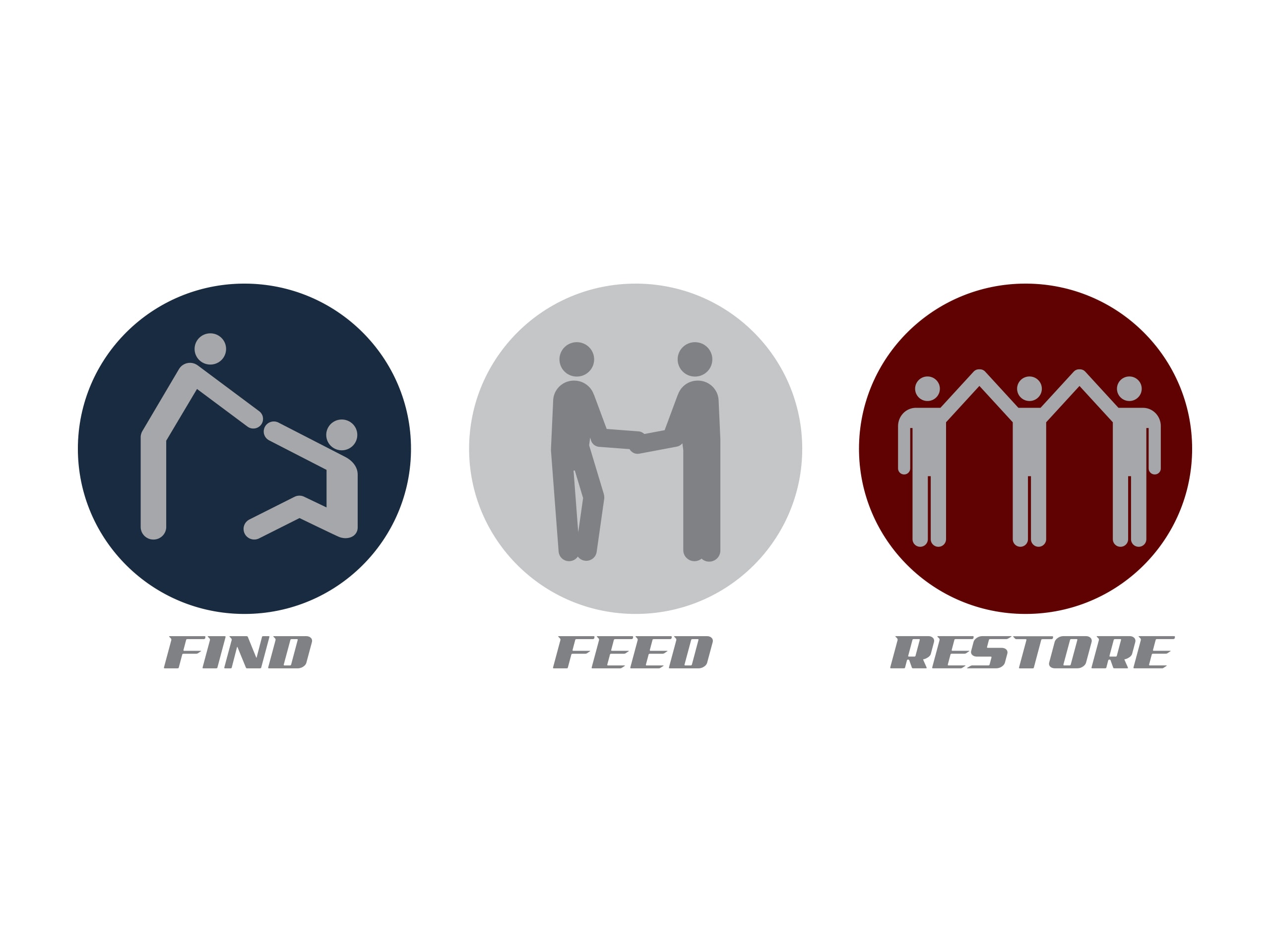How does President Trump’s Executive Orders, For Economic Relief, affect you?
You may have heard or read it all by now, but here is an explanation of what the four executive orders are and how they affect you:
120 Day Eviction Moratorium
The CARES Act, that provided the eviction moratorium, expired on July 24. Since then, the Federal Housing Finance Agency (FHFA) announced that the Federal National Mortgage Association and the Federal Home Loan Mortgage Corporation will extend the foreclosure suspension until at least August 31, 2020.
The President’s order, Executive Order on Fighting the Spread of COVID-19 by Providing Assistance to Renters and Homeowners, will have the Secretary of the Treasury and the Secretary of Housing and Urban Development identify any and all available Federal funds to provide temporary financial assistance to renters and homeowners who, as a result of the financial hardships caused by COVID-19, are struggling to meet their monthly rental or mortgage obligation. In addition, the Secretary of Housing and Urban Development shall take action to promote the ability of renters and homeowners to avoid eviction or foreclosure resulting from financial hardships caused by COVID-19. This may include encouraging and providing assistance to public housing authorities, affordable housing owners, landlords, and recipients of Federal grant funds in minimizing evictions and foreclosures.
“In consultation with the Secretary of the Treasury, the Director of FHFA shall review all existing authorities and resources that may be used to prevent evictions and foreclosures for renters and homeowners resulting from hardships caused by COVID-19.”(1)
Student Loans
The Student Loan Payment Relief is set to expire on September 30, 2020. The Student Loan Payment Relief suspended loan payments and temporarily set interest rates to 0 percent. The President’s order, Continued Student Loan Payment Relief During the COVID-19 Pandemic, “extend this policy until such time that the economy has stabilized, schools have re-opened, and the crisis brought on by the COVID-19 pandemic has subsided.” (2) This extension on student loans held by the Department of Education will continue until December 31, 2020. In addition, anyone who can continue to make their student loan payments will be allowed to do so.
Unemployment Benefits
This is the one that many of you want to know more about. The CARES Act provided a federal unemployment insurance benefit of $600-per-week, which expired on July 31. Prior to COVID-19, unemployment benefits were meant to be a temporary assistance to help individuals while they try to get back to work and were based on earnings over the previous 12-month period. In Florida, the max weekly benefit was $275. When the economy shut down, more than that was needed to sustain workers who found themselves suddenly unemployed because of the government shut down. While many are still truly unemployed and unable to work through no fault of their own, as the economy has slowly opened back up and job opportunities have come back, the argument has been made that many have chosen to stick with this increased benefit of unemployment payments and are refusing to go back to work. I state this as I have seen and heard from many of my clients who are dealing with the frustration of not being able to find an adequate workforce for the increased demands of their businesses.
Due to both legitimate claims and abuses, no legislative agreement has been reached. The President’s order, Memorandum on Authorizing the Other Needs Assistance Program for Major Disaster Declarations Related to Coronavirus Disease 2019, calls for continuing the unemployment benefits, but at a reduced rate.
The approved amount is now a $400 payment per week, which shall reflect a $300 Federal contribution and a $100 State contribution, to eligible claimants from the week of unemployment ending August 1, 2020.(3)
Where will the states get this federal money to continue enhanced unemployment payments?
The President has directed the Federal Emergency Management Agency (FEMA) to assist in providing the statutorily mandated 75 percent Federal cost share of the benefits from the DRF, $44 billion, made available for lost wages assistance to eligible claimants. There will also be $25 billion set aside to support ongoing disaster response and recovery efforts and potential 2020 major disaster costs. The State’s 25 percent cost share of the enhanced unemployment payments will come from the $150 billion already received from the federal government for the COVID-19 economic disaster. The President called upon the States to use their CRF allocation, or other State funding, to ensure that those affected by a loss in wages due to COVID-19 continue to receive benefits for weeks of unemployment ending no later than December 27, 2020.(4)
There is a termination clause within this order, which states, the lost wages assistance program shall be available for eligible claimants until the balance of the DRF reaches $25 billion (the set-aside amount for ongoing disaster response) or for weeks of unemployment ending not later than December 6, 2020, whichever occurs first, at which time the lost wages assistance program shall terminate. In addition, the lost wages assistance program shall terminate upon enactment of legislation providing, due to the COVID-19 outbreak, supplemental Federal unemployment compensation, or similar compensation, for unemployed or underemployed individuals.(5)
I am not sure how these unemployment payments will affect business owners in either 2021 or 2022. In the past, when there was large unemployment due to significant job losses, the base wage rates increased, causing the unemployment taxes to go up. Currently the unemployment taxable wage base is $7,000, I would expect this number to increase as it did in the past and we do know that history does repeat itself.
Payroll Tax Deferment
In the President’s order, Memorandum on Deferring Payroll Tax Obligations in Light of the Ongoing COVID-19 Disaster, he executed the Internal Revenue Code (IRC) §7508A, Authority to postpone certain deadlines by reason of Presidentially declared disaster or terroristic or military actions, to defer taxes imposed by IRC §3101, Rate of Tax on Old-age, survivors, and disability insurance, known as, Social Security (SS) and Hospital insurance, known as Medicare. These two combined rates, known as FICA, are 7.65% (6.2% is SS (subject to limitations) and 1.45% is Medicare) of the employee’s gross pay. The employer pays into FICA taxes as well as the individual, however, this order only affects individuals. As an example, if you earn $400 during a pay period, 7.65% of those earnings ($30.60) will be FICA taxes and any remaining deduction is your federal withholding tax. In 2010, a similar action was taken when the Tax Relief, Unemployment Insurance Reauthorization, and Job Creation Act was passed. That Payroll Tax Holiday reduced the employee’s share of Social Security from 6.2% to 4.2% for wages paid in 2011.
This order is for wages or compensation paid during the period of September 1, 2020, through December 31, 2020. There is a cap; the deferral is only subject to employees whose wages or compensation, payable during any bi-weekly pay period, is generally less than $4,000 (less than $104,000 per year), or the equivalent amount with respect to other pay periods.(6)
As many know, a deferment is just that, a postponement until a later date. The order does include a tax forgiveness section, stating that “the Secretary of the Treasury shall explore avenues, including legislation, to eliminate the obligation to pay the taxes deferred pursuant to the implementation of this memorandum.” (7) It also includes that the Secretary will include guidance as to how to implement this.
Some will argue this is not enough and some will be happy that some action was taken. No matter what the outcome is, I will be here to update you and to help all those that have been or are still affected by this pandemic.
(1) https://www.whitehouse.gov/presidential-actions/executive-order-fighting-spread-covid-19-providing-assistance-renters-homeowners/
(2) https://www.whitehouse.gov/presidential-actions/memorandum-continued-student-loan-payment-relief-covid-19-pandemic/
(3) https://www.whitehouse.gov/presidential-actions/memorandum-authorizing-needs-assistance-program-major-disaster-declarations-related-coronavirus-disease-2019/
(4) https://www.whitehouse.gov/presidential-actions/memorandum-authorizing-needs-assistance-program-major-disaster-declarations-related-coronavirus-disease-2019/
(5) https://www.whitehouse.gov/presidential-actions/memorandum-authorizing-needs-assistance-program-major-disaster-declarations-related-coronavirus-disease-2019/
(6) https://www.whitehouse.gov/presidential-actions/memorandum-deferring-payroll-tax-obligations-light-ongoing-covid-19-disaster/
(7) https://www.whitehouse.gov/presidential-actions/memorandum-deferring-payroll-tax-obligations-light-ongoing-covid-19-disaster/









